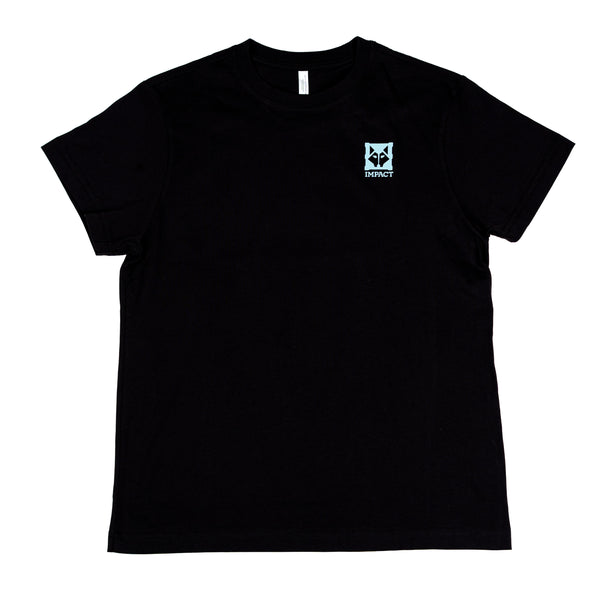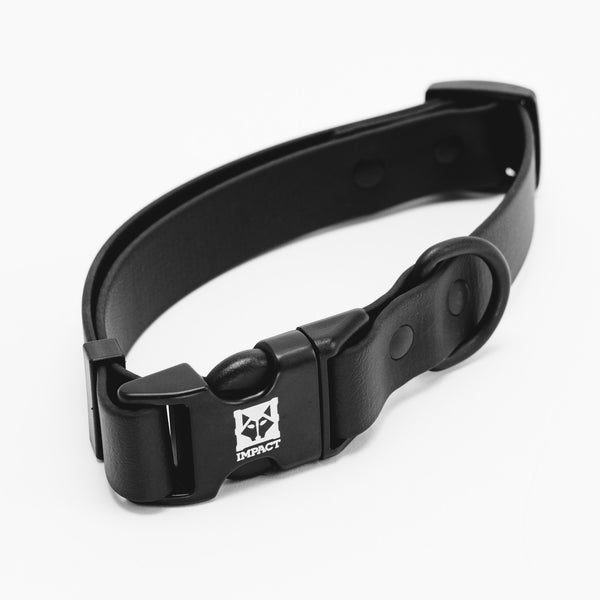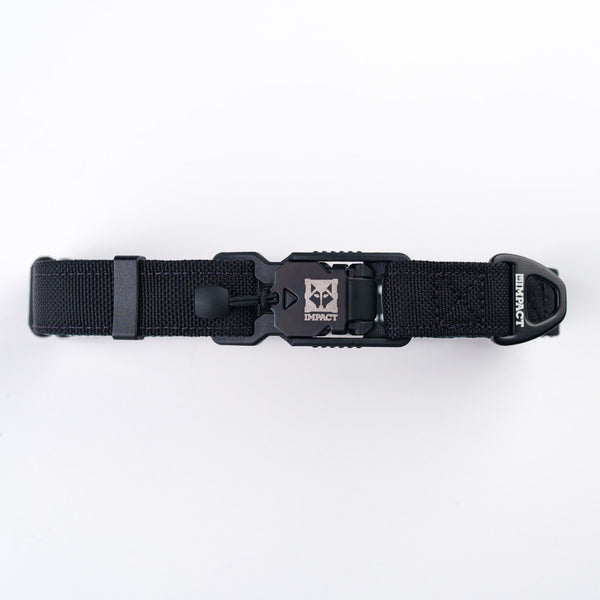Bringing home a puppy is undoubtedly one of the most exciting experiences you can have. Just as babies grow and learn rapidly during their first few months, puppies also absorb new experiences and lessons early in life. Proper training helps them grow into well-balanced and well-adjusted dogs.
Basic Training Fundamentals: Creating a Positive Environment
Before formal training begins, it is essential to establish a secure and nurturing environment for your puppy. This foundation helps them develop emotional stability and confidence.
-
Consistency is Key: Establish feeding, potty breaks, and bedtime schedules.
-
Positive Reinforcement: Reward good behavior with treats, praise, and playtime.
-
A Safe Space: Provide a designated area where your puppy can rest and feel secure.
Training Stages: Building Good Habits Over Time
Understanding puppy development allows for the introduction of appropriate training techniques at each stage.
Critical Socialization Period (8–16 Weeks)
-
Introduce your puppy to new sights, sounds, and experiences in a positive way.
-
Start teaching basic commands such as "sit," "stay," and "come" using treats and praise.
-
Begin housetraining by taking your puppy out frequently and rewarding success.
-
Encourage gentle play and redirect nipping behaviors.
6 Months and Above: Polishing Good Behavior
-
Practice obedience commands for longer durations.
-
Work on leash training to ensure safe and enjoyable walks.
-
Reinforce impulse control, such as waiting for food or not jumping on visitors.
One Year and Above: Advanced Commands
-
Introduce off-leash recall training.
-
Continue reinforcing polite behavior with other dogs and humans.
-
Gradually phase out treats, replacing them with verbal praise and affection.
Simple Success: Training Tips for a Happy Pup
Impulse Control 101
-
Teach your puppy to wait before eating, going through doors, or jumping on people.
-
Use commands like "wait" and "leave it" to build patience.
Polite Play 101
-
Use toys instead of hands to encourage appropriate play.
-
If your puppy bites too hard, let out a yelp and pause playtime for a moment.
The Last Word: Expert Insights on Puppy Training
Certified Dog Trainer [Name] states, "Early training using positive reinforcement methods helps develop a well-adjusted dog."
"Puppies learn best through repetition and encouragement. Rewarding desirable behavior with treats and praise helps reinforce positive training outcomes."
Enrolling in a professional training class—either in a group setting or through one-on-one sessions—can be highly beneficial.
Is It Ever Too Late?
While early training is ideal, dogs can learn at any age. With patience and consistency, even older dogs can acquire new skills. However, early training makes the process easier and helps strengthen the bond between you and your pet.
Start Training Today!
Every puppy has the potential to become a well-mannered and loving companion. By laying the right foundation through training, you set your dog on the path to lifelong success. Start training your puppy today and watch them thrive!
https://www.akc.org/expert-advice/training/start-training-your-puppy/






